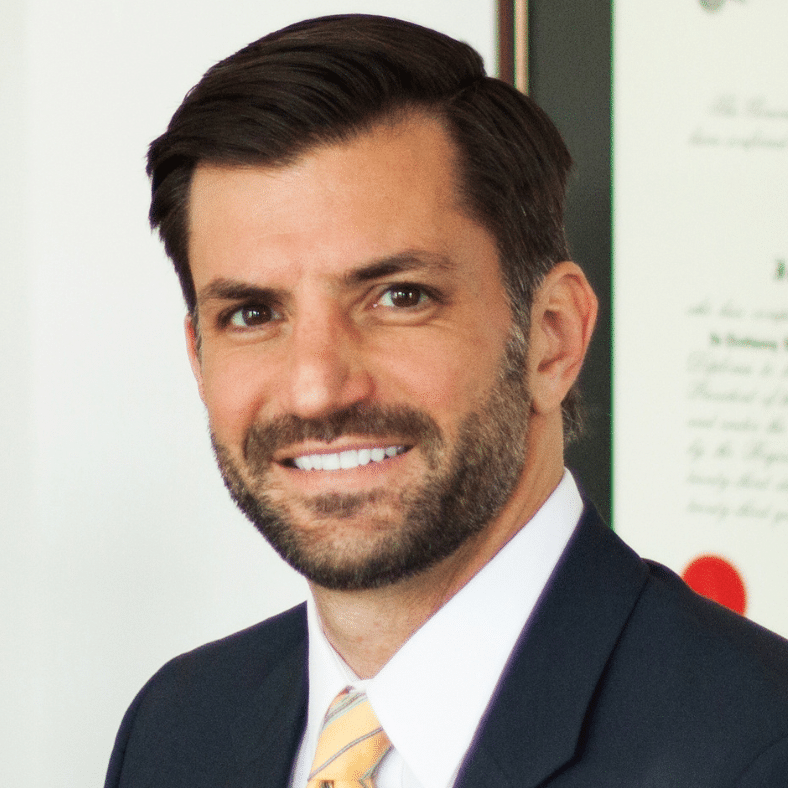Rehab for Stress-Induced Disorders in Los Angeles
- Los Angeles Mental Health Treatment
- Mental Health Treatment in Los Angeles
- Stress-Induced Disorders
Stress is a normal part of life, but when it becomes overwhelming or persistent, it can lead to stress-induced disorders that significantly impact mental and physical well-being.
Contact us today to learn about our rehab for stress-induced disorders in Los Angeles.
Call Us when you Need Help!
Rehab for Stress-Induced Disorders
At The Meadowglade, we understand the toll that chronic stress can take on your health and quality of life. Our serene Los Angeles facility offers compassionate, evidence-based care for those struggling with stress-related disorders.
If you feel like stress is controlling your life, we are here to help you regain balance and peace of mind.
You Are Not Alone. You Deserve To Get Help.
The Meadowglade is an industry leader in mental health treatment. Our team of top medical experts specialize in dual diagnosis treatment and are committed to ensuring that each patient is treated as an individual. Call us today, we’re available 24/7.
Treatment Options for Stress-Related Disorders
At The Meadowglade, we offer a continuum of care to support you through every stage of recovery from stress-induced disorders.
Each level of care is personalized to address the severity of stress and any co-occurring conditions, ensuring a comprehensive approach to healing.
Residential Treatment
Partial Hospitalization Program (PHP)
Intensive Outpatient Program (IOP)
Outpatient Program (OP)
Aftercare Services
Is Stress a Mental Disorder?
While stress itself is not classified as a mental disorder, it can be a significant contributing factor to the development of various mental health conditions.
According to the American Psychological Association, chronic stress can exacerbate anxiety disorders, depression, and other psychological conditions. It can also trigger stress-induced disorders, such as acute stress disorder or post-traumatic stress disorder (PTSD). When unmanaged, stress can alter brain chemistry, disrupt sleep, weaken the immune system, and even contribute to long-term health complications.
Understanding that stress is more than an occasional feeling of being overwhelmed is crucial. When stress disrupts your daily life, relationships, and overall health, professional intervention can help address its root causes and provide you with effective coping strategies.
What Are the Different Types of Stress?
Stress can manifest in various forms, and identifying the type of stress you are experiencing is the first step toward finding relief.
The main categories include:
- Acute Stress: This is a short-term reaction to immediate challenges or perceived threats. While common and often harmless, repeated acute stress can contribute to long-term issues.
- Chronic Stress: Persistent stress caused by ongoing problems, such as financial struggles, job-related pressures, or difficult relationships. Chronic stress can have severe physical and emotional consequences.
- Episodic Acute Stress: Frequent episodes of acute stress, often experienced by individuals with high-pressure lifestyles or a tendency to worry excessively.
- Traumatic Stress: Stress resulting from traumatic experiences, such as accidents, natural disasters, or abuse. This type of stress can lead to conditions like PTSD.
Understanding these distinctions can help individuals seek the appropriate care and support needed to address their unique challenges.
How Do I Know I Have a Stress-Related Disorder?
Stress-related disorders can manifest in many ways, often affecting mental, emotional, and physical health. If you identify with these symptoms and feel that stress is interfering with your ability to function, it may be time to seek professional help.
Common signs include:
- Difficulty concentrating or making decisions
- Persistent feelings of anxiety or restlessness
- Irritability, anger, or mood swings
- Physical symptoms such as headaches, muscle tension, or gastrointestinal issues
- Sleep disturbances or chronic fatigue
- Avoidance of responsibilities or social withdrawal
- Increased use of substances like alcohol or drugs as coping mechanisms
Types of Stress-Related Disorders
Stress-induced disorders encompass a range of mental health conditions, including:
- Acute Stress Disorder (ASD): A short-term condition that develops in response to a traumatic event, lasting up to a month. Symptoms may include intrusive thoughts, flashbacks, and emotional numbness.
- Post-Traumatic Stress Disorder (PTSD): A long-term response to trauma that persists beyond a month. Symptoms include hypervigilance, avoidance of reminders of the event, and severe emotional distress.
- Adjustment Disorder: Stress caused by significant life changes, such as a move, divorce, or loss of a loved one. Symptoms often include depression, anxiety, or behavioral changes.
- Panic Disorder: Recurrent and unexpected panic attacks often triggered by stress, accompanied by physical symptoms like heart palpitations, shortness of breath, and chest pain.
- Burnout: Emotional, mental, and physical exhaustion caused by prolonged and excessive stress, typically related to work or caregiving responsibilities.
Each of these disorders requires tailored treatment approaches to address individual needs effectively.

How Is Stress Treated?
Effective treatment for stress-induced disorders often combines therapeutic interventions with holistic practices. Our interdisciplinary team collaborates to create individualized treatment plans that cater to your unique needs and goals.
At The Meadowglade, our treatment modalities include:
- Cognitive-Behavioral Therapy (CBT): Helps clients identify and reframe negative thought patterns contributing to stress.
- Dialectical Behavior Therapy (DBT): Teaches emotional regulation and distress tolerance skills.
- Mindfulness-Based Stress Reduction (MBSR): Incorporates mindfulness and meditation to promote relaxation and reduce anxiety.
- Trauma-Focused Therapy: Addresses underlying trauma that may be fueling stress-related disorders.
- Holistic Therapies: Activities like yoga, art therapy, and equine-assisted therapy foster emotional balance and self-expression.
Benefits of Stress-Induced Disorder Treatment
Seeking treatment for stress-related disorders can lead to transformative benefits, including:
- Improved emotional resilience and stress management skills
- Enhanced physical health and reduced risk of chronic illnesses
- Better sleep patterns and increased energy levels
- Strengthened relationships and communication skills
- A greater sense of control and empowerment in daily life
At The Meadowglade, we provide a safe and supportive environment to help you achieve these outcomes and rediscover your well-being.
Begin Rehab For Stress-Related Disorders in Los Angeles Today
If you or someone you love is struggling with stress-induced disorders, The Meadowglade is here to help. Our Los Angeles facility offers the highest standard of care in a tranquil setting, allowing you to focus fully on your recovery. Contact us today to learn more about our programs or to schedule a confidential consultation. Let us guide you toward a brighter, more balanced future.
Our Mental Health Specialists
At The Meadowglade, our team of compassionate and experienced mental health professionals is dedicated to providing comprehensive mental health treatment in Los Angeles. Our multidisciplinary team works collaboratively to offer personalized care tailored to each individual’s needs.

Narine Babikian, MHA

Joseph Gulino, MD

Yj Kim, MD
Mental Health

Yj Kim, MD
Psychiatrist

Haroon Burhanullah, MD
Psychiatrist

Narine Babikian, MHA
Executive Director









